Rajshahi, MAY 28(V7N) – Farmers in Rajshahi are facing significant hardship as unseasonal and continuous rainfall has submerged vast tracts of Boro rice fields, particularly in low-lying "beel" areas. The relentless downpour, which began on Friday, May 23, has left paddy that was just a week away from harvest lying in knee-deep water, raising fears of widespread crop damage and financial ruin.
The Rajshahi Meteorological Office has reported a staggering 176 millimeters of rainfall in Rajshahi over the past five days, including 28.8 millimeters on Monday, May 26. This unusually high precipitation for the pre-monsoon season has caught many farmers off guard, especially those who planted late.
A visit to several upazilas in Rajshahi on Monday morning revealed widespread waterlogging in paddy fields. In Bil Dhorsha village of Bagmara Upazila's Ganipur Union, farmers were seen desperately trying to harvest their Boro paddy amidst the downpour. The continuous rain has caused nearly all the paddy in the beel areas to fall over, necessitating extra laborers for harvesting, which further increases costs.
Jasim Ali, a farmer from Bil Dhorsha, expressed his despair: "We are suffering a lot because our crops are lying in water like this. We don't know what to do now. If we cut this paddy field and keep it in the water, the water will enter and the trees will grow. Again, we can't even bring the paddy home because it is knee-deep in water. We are in a desperate situation."
Saidul Karim, who planted Bri-75 rice on three bighas of land in Damnash Bazar, Bagmara Upazila, is also grappling with the situation. "This year there has been a bumper harvest of rice. But at the end of the day, we are afraid that the ripe rice in our fields will be ruined due to rainwater," he said. He highlighted the difficulties of harvesting in mud and the increased need for extra workers.
Farmers in Mohanpur Upazila's Raighati Union are similarly struggling. Said Ali, a farmer there, noted the extreme difficulty of harvesting and processing paddy during the rain. He added that the wet and soft paddy plants make it almost impossible to process the crop using threshing machines.
Rakib Ali from Bagdhani Beel in Nauhata Municipality of Paba Upazila fears significant losses if the water doesn't recede soon. "If the rainfall decreases, it will take 3 to 4 days for the water to dry up. Otherwise, the paddy plants will rot and be destroyed," he warned.
Despite the current challenges, the Rajshahi Agricultural Extension Department reported that 75% of the paddy has already been harvested and threshed this year, with a target production of 327,000 metric tons from 68,295 hectares of land. Umme Chalma, Deputy Director of the Department of Agricultural Extension, acknowledged the bumper harvest but advised farmers to quickly harvest ripe rice, especially with advance weather information. She also suggested machine threshing for the rain-soaked paddy.
Rohidul Islam, officer-in-charge of the Rajshahi Meteorological Department, confirmed that rainfall in Rajshahi this year is higher than usual, with significant rain in both April and May. He advised waiting a few more days for better weather conditions.
END/RAR/RH/



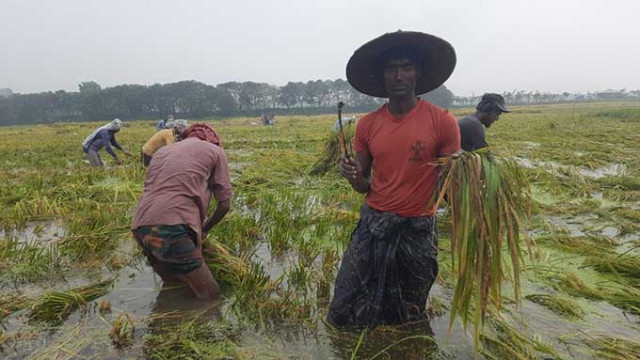
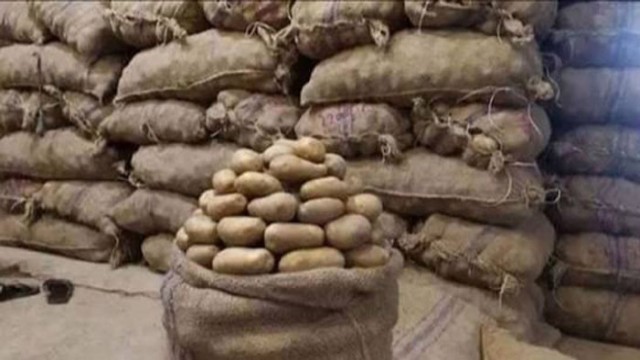
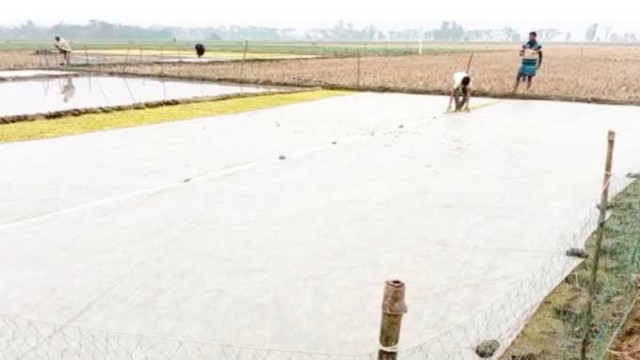
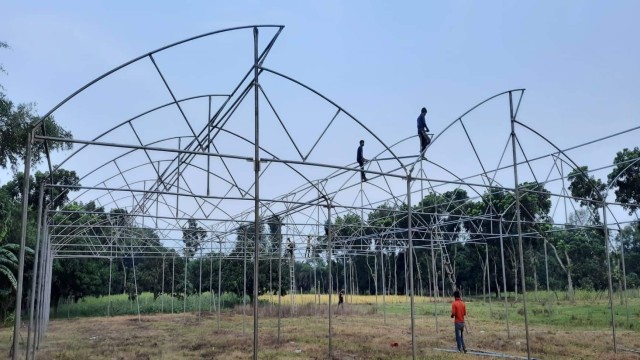
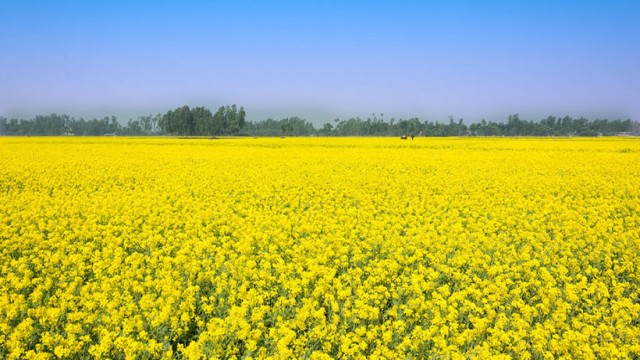
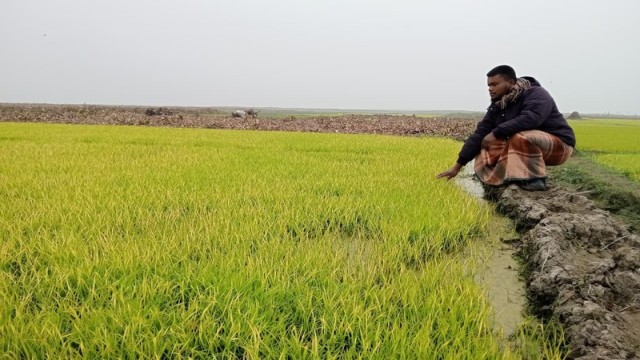
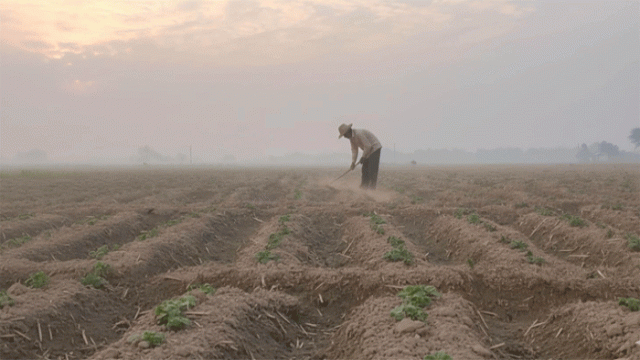


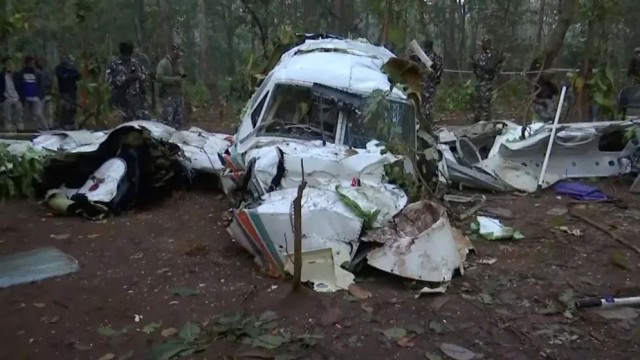
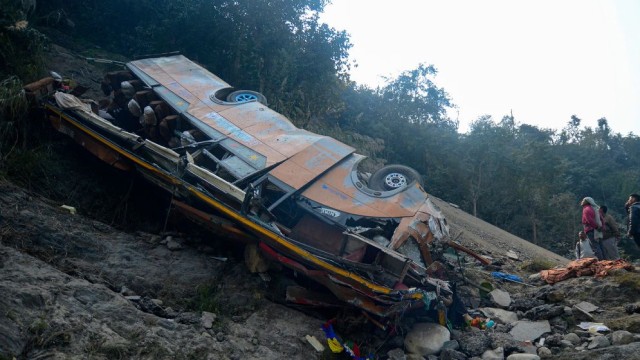

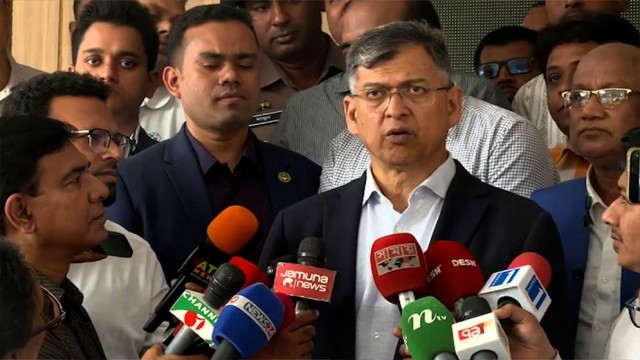















Comment: